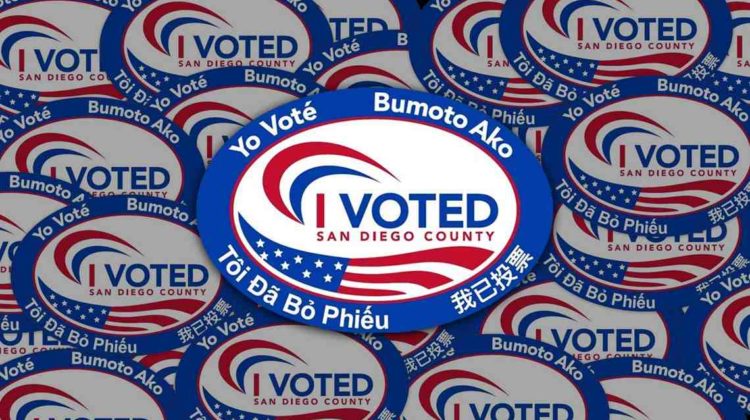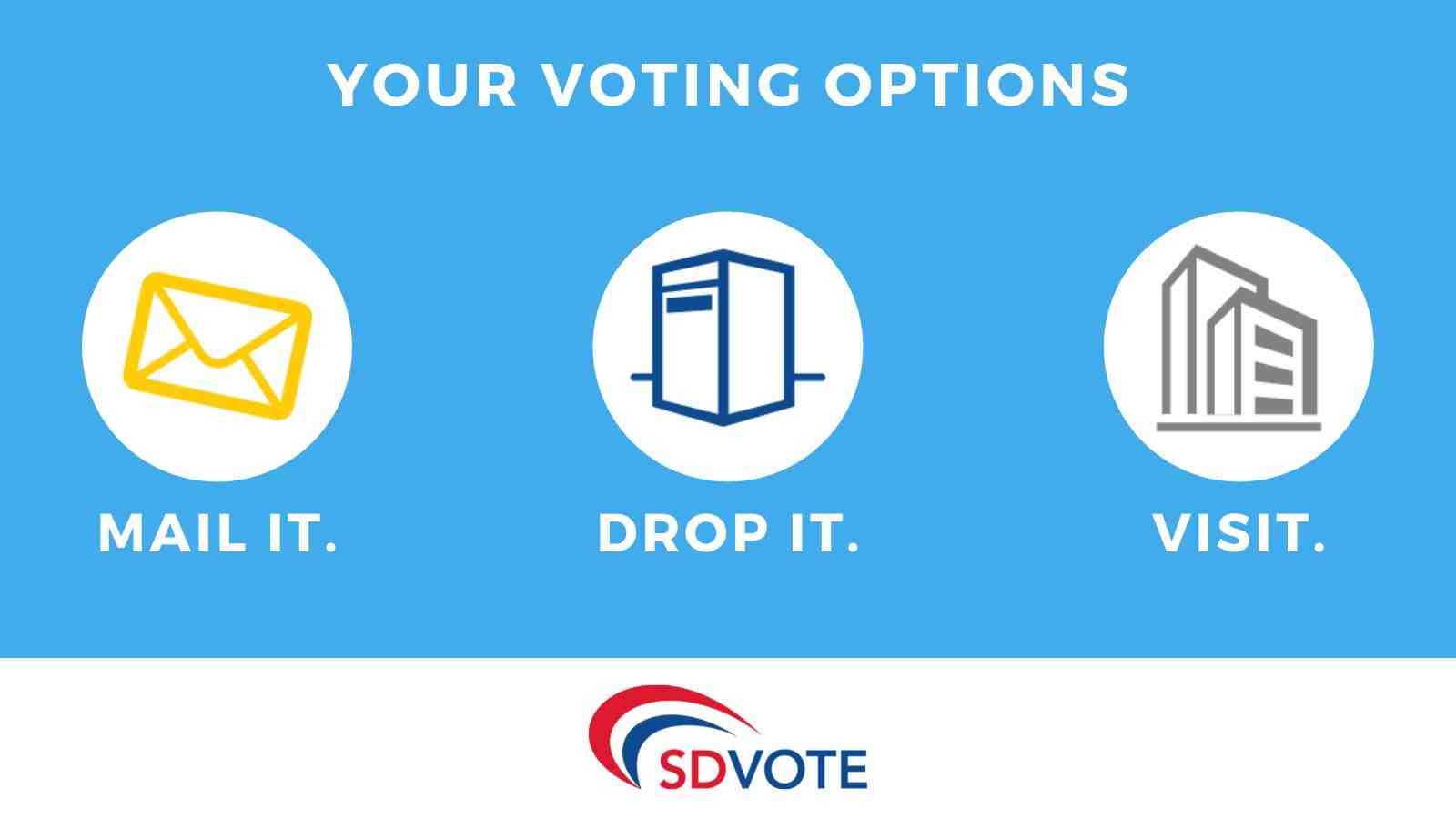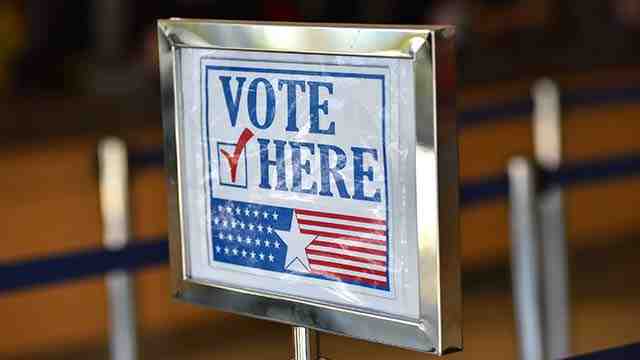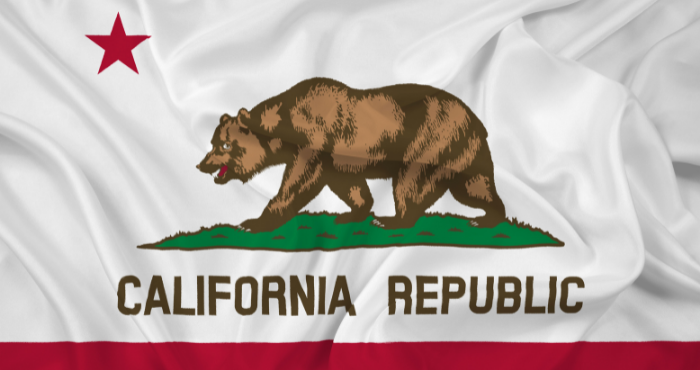
Voting starts for the June 7 primary election began Saturday at 39 polling stations in San Diego County, with a total of 218 polling stations open by the end of May. the week.
It marks the county’s first polling station under the California model of the “polling center,” which represents the county’s nearly 1,600 polling stations and a small number of polling centers. regions are open for a long time before election day.
“We have fewer locations than the regular model, but they will be open for more days and will offer more services,” said San Diego County Registrar of Voters Cynthia Paes.
Polling centers offer additional voting days, including weekends, as well as voter turnout, one -day registration and translation services. San Diego voters got a taste of this practice during the epidemic, when the county held special ballots during lockouts using a similar model.
Polling stations will be open from 8 a.m. to 5 p.m. starting in first place this weekend. On Election Day June 7, all polling stations will be open from 7 a.m. to 8 p.m.
What makes these places different is not only the hours but also the use of the electronic registration system, which allows any San Diego voter to vote at any place. Under the first instance each voter must vote at a local polling place, or request a temporary ballot to vote elsewhere.
Using the electronic register, polling staff at any of the constituency’s polling stations can pull up voter registration and their special voting for the races. all including all local seats. Voters then fill in their ballots, print the completed ballot and place it in the ballot box.
Voters may also drop off completed postal ballots at the center, either at one of the Registrar of Electors’ ballot boxes 132 or at any local post office. US Postal Service.
“What led to this decision to go to the polling station is that San Diego voters are more likely to vote by mail,” Paes said, noting that 80 percent of voters in the county have already cast their ballots by mail.
For any voter who misses the registration period, polling centers offer same -day registration conditions, which allow voters to complete the registration form. register and enter a temporary ballot immediately, Paes said. The registrar will confirm the registration and count the ballots.
Polling centers also offer polling stations and translation assistance in languages including Spanish, Vietnamese, Mandarin and Filipino, Paes said.
Voters expect up to 30 to 40 percent of the registered voters for the first round of voting in June. The General Manager’s Anniversary Election in September 2021 received almost 60 percent of the electorate. However, the governor in 2014 saw more than 27 percent of voters turn out and one in 2018 brought in less than 40 percent of voters, according to the registrar. The first two presidential elections in 2016 and 2020 received about 50 percent of the electorate.
There are more than 1.9 million registered voters in San Diego, the registry office said, and each of those people was sent a postal ballot. As of Friday, 186,051 people had returned them.
“We ask our voters to make your voice heard,” Paes said. “Come back, vote. It’s easy. ”
To find the location and hours for polling stations and ballot boxes in your area, visit the Registrar of Electors website.
What means of democracy?

What is Democracy? & quot; From village to village, for village & quot; Abraham Lincoln. The word democracy comes from the Greek words & quot; demos & quot ;, meaning people, and & quot; kratos & quot; it means power; so democracy can be thought of as & quot; human power & quot ;: a way of governing based on the will of the people.
What is democracy and example? The definition of democracy is a system of government in which the people hold political power and can control it directly or through elected representatives. It is an example of a democracy at work in the United States, where people enjoy political freedom and equality.
What do you mean by democracy means?
What is Democracy? “People, by people, for people” Abraham Lincoln. The word democracy comes from the Greek words “demos”, meaning people, and “kratos” meaning authority; so democracy can be thought of as “the power of the people”: a way of governing that depends on the will of the people.
What does democracy literally mean?
The word ‘democracy’ comes from the Greek language. It combines two acronyms: ‘demo’ means the entire citizenry living in a particular city-state and ‘kratos’ means control or the boss.
What does democracy mean in simple terms?
Definition of democracy 1a: human rule in particular: majority rule. b: a government that gives the people sovereignty and is exercised by them directly or indirectly through a proxy system that usually involves elections free.
Quels sont les partis politiques de gauche ?

Gauche
- Ecologist Group: Europa Écologie Les Verts (EELV) Generation. s (G · s) Ecological Generation (GE) Ecological Cap (CE) Progressive Movement (MDP) The New Democrats (LND)
- Social Media (PS)
- Republican and socialist movement (GRS) and Republican and Citizen Movement (MRC)
Who are the left sides in Canada? In the political sphere, the Quebec left is in opposition to the Quebec right. The provincial political parties on the left represented in the Quebec National Assembly are the Liberal Party of Quebec, Quebec Solidarity and the Quebec Party.
Quels sont les partis de l’extrême gauche ?
Internationalist Communist Party (PCI) Marxist-Leninist Communist Party of France (PCMLF) Federation of Revolutionary Youth. International Communist Organization (OCI)
Quels sont les partis de gauche en Suisse ?
In 2016, the parties representing the radical left were La Gauche, SolidaritéS, the Swiss Labor Party (Working and Popular Party (POP) and the cantons of Bern, Vaud and Jura). Other parties exist at the communal level.
Quelles sont les principales valeurs de la gauche ?
In our day, the left parties generally come together and promote progressive ideas and equality, the critique of social order and the concern for a great social justice. So it is with social democracy, radicalism, socialism, communism and certainly anarchism.
Pourquoi il faut voter ?

Voting is a right, it is a citizen act that allows its representatives to be elected on the occasion of an election. In a democracy, this fundamental right of participation allows one to exercise citizenship by participating in the election of its representatives.
Why is voting a citizen’s duty? On the other hand, the right to vote is considered by institutions as a moral duty for citizens, as the reminder of the registration on the electoral cards: “Voting is a right, it is also a civic duty”, but this quality of “moral duty” is not based on any legal or regulatory text …
Qui n’a pas le droit de vote aux États-unis ?
In some of these states, Catholics, Jews, Quakers, non-whites and other categories of residents are excluded from this right.
Qui n’a pas le droit de voter ?
A person who has been convicted by a court (a court) of loss of his or her civil rights loses his or her right to vote during the period set by the judgment. The loss of civil rights begins when the sentence is final, that is, when the means of appeal (appeal, cassation …)
Quand les femmes ont eu le droit de vote aux États-unis ?
It therefore officially entered into force on August 26, 1920, forever changing the face of the American electorate. It is celebrated each year on the occasion of Women’s Equality Day or Women’s Equality Day, at the age of 26.
Comment Avons-nous eu le droit de vote ?
1962: World government is established with the election of the president of the République française. 1974: The age of the right to vote (I am with the order of the Majority) is recorded at 21 to 18 by Valéry Giscard d’Estaing. 1992: The Maastricht Treaty creates European citizenship.
Who did Macron succeed?
| Emmanuel Macron | |
|---|---|
| President | François Hollande |
| First | Jean Castex |
| Blessed by | Laurence Boone |
| Additional conditions |
Did Napoleon win an election?
Elected the first and only president of the Second Kingdom. The vote took place on 10 December 1848 and led to the surprise victory of Louis-Napoléon Bonaparte with 74% of the popular vote.
